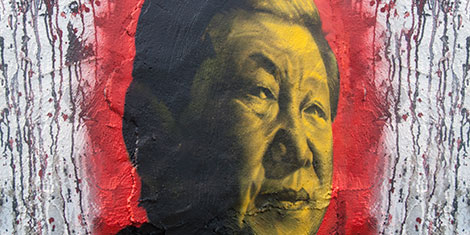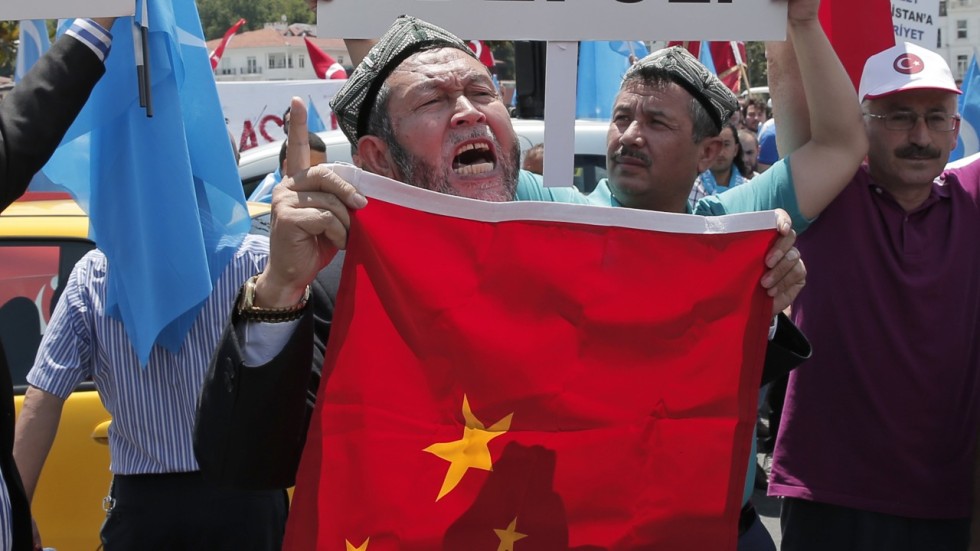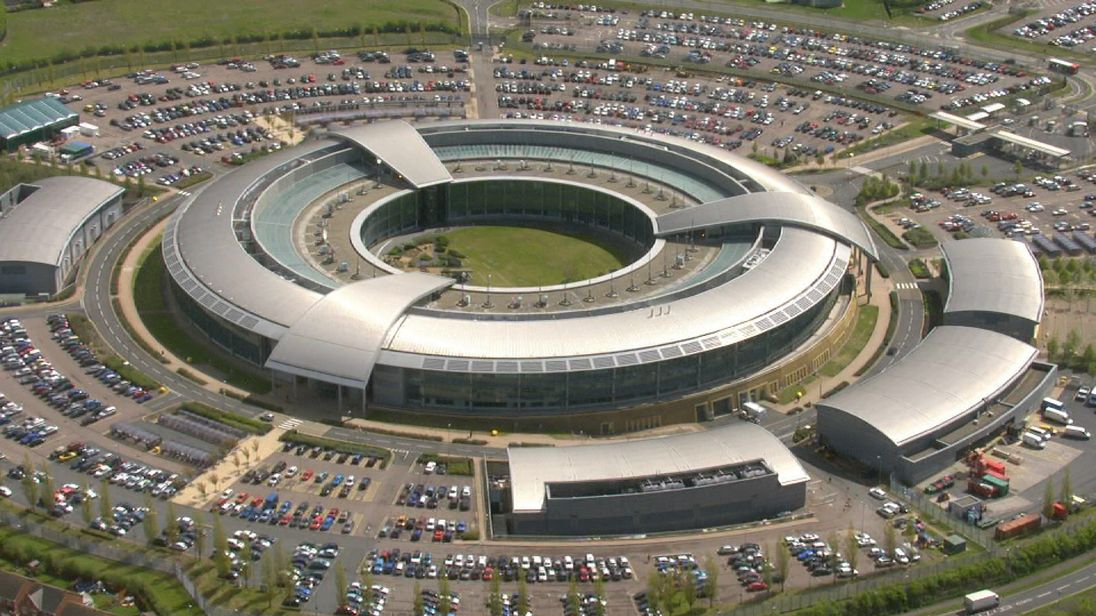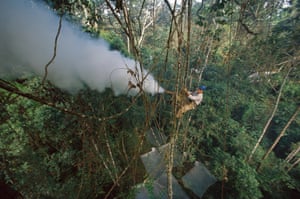Ten Most Significant World Events in 2017
Maj Gen P K Mallick, VSM(Retd)
As the year is coming to an end a review of the year 2017 gone by is taking place in every field, be it movies, sports, books, economy etc etc.
Council of Foreign Relations has published the Ten Most Significant World Events in 2017. These are :
10. Robert Mugabe’s Ouster. He ran Zimbabwe for thirty-seven years and planned to rule for longer, even if that meant running the economy into the ground and becoming increasingly ruthless. His presidency ended only when tanks rolled into Harare in November to force him from power. The trigger was his decision to shove aside his vice president, Emmerson Mnangagwa, in favor his wife, Grace.
9. Britain Triggers Article 50. Actually initiating divorce proceedings from the European Union (EU) required Britain to invoke Article 50 of the Lisbon Treaty. The move “from which there can be no turning back” finally came on March 29.
8.The Rohingya Crisis. in August when Rohingya began fleeing into neighboring Bangladesh telling stories of mass killings, systematic rape, and torture. At last count, more than 400,000 have fled Myanmar and thousands more have been displaced internally. The Myanmar military denies committing atrocities, insisting that it is combating attacks on police posts and army bases by Rohingya insurgents
7. The Fall of Mosul. In June 2017, after a three-year-long occupation, the city was finally liberated. The cost was high. Perhaps as many as 40,000 civilians died in the fighting and another million displaced. The city itself was devastated and will take years to rebuild. the loss of Mosul didn’t mean the demise of ISIS. The group has a cyclical history, waxing and waning in strength over time. As its territorial control diminishes, it’s likely to revert back to its insurgent roots. All in all, Iraq’s future remains troubled.
6. Mohammad bin Salman Remakes Saudi Arabia. Saudi Crown Prince Mohammad bin Salman (MBS) is a young man in a hurry. The idea is to prepare the country for a post-oil future and to loosen its conservative social strictures. In November, he had eleven of his cousins arrested on corruption charges. (Their jail cell was a Ritz-Carlton.) He championed Saudi Arabia’s intervention in Yemen in 2015, which created a humanitarian disaster for Yemenis and a quagmire for the Saudis. He also pushed for this summer’s Saudi-led embargo of neighboring Qatar.
5. Global Growth Picks Up. Ten years after the Great Recession started, global economic growth is accelerating and stock markets around the world are hitting record highs. The International Monetary Fund (IMF) said in October that “The outlook is strengthening, with a notable pickup in investment, trade, and industrial production, together with rising confidence.”
4. The Globe Continues to Warm. The earth is getting warmer. the dramatic melting of the Arctic and Antarctic and of glaciers around the world is something that climate scientists have been predicting for decades.
3. North Korea Defies the World. In early September, North Korea conducted its sixth nuclear test. Three months later it tested a ballistic missilethat looks capable of hitting any U.S. city. While Beijing is taking a tougher line on North Korea, it can’t—or won’t—compel Pyongyang to back down. Only military force looks likely to do that. But the cost of military action would likely be steep—possibly even “catastrophic.” On the other hand, allowing North Korea to remain a nuclear power poses big risks as well. Washington, Beijing, Seoul, and Tokyo have tough choices ahead in 2018.
2. Xi Jinping’s “Extraordinary Elevation.” Xi is China’s most powerful leader since Mao, and he’s likely to be around for a while. In October at the nineteenth Chinese Communist Party Congress Xi was named to his second five-year term as party general secretary. He was also named a “core leader,” a title denied to his immediate predecessor, Hu Jintao.
1. Donald Trump Champions America First. Donald Trump campaigned on a pledge to do things differently and to do different things in foreign policy. He has been good to his word since getting to the White House. He has canceled U.S. participation in the Trans-Pacific Partnership, withdrawn the United States from the Paris Climate Agreement, refused to certify that Iran is in compliance with its nuclear obligations, recognized Jerusalem as the capital of Israel, ramped up the use of drones, and relegated democracy and human rights to the sidelines of U.S. foreign policy.














/arc-anglerfish-arc2-prod-mco.s3.amazonaws.com/public/EWFIGSHXS5FF7L7IQIKPQ7NYII.jpg)
